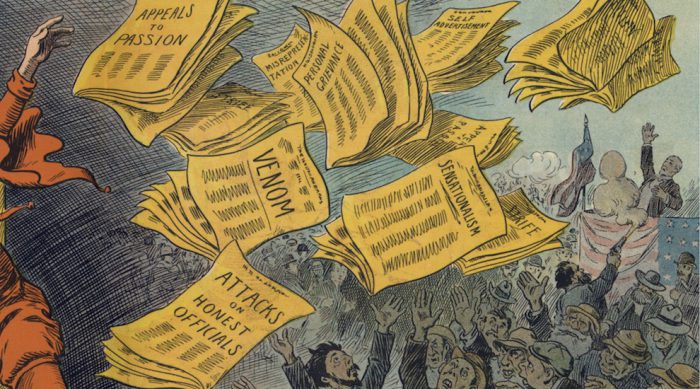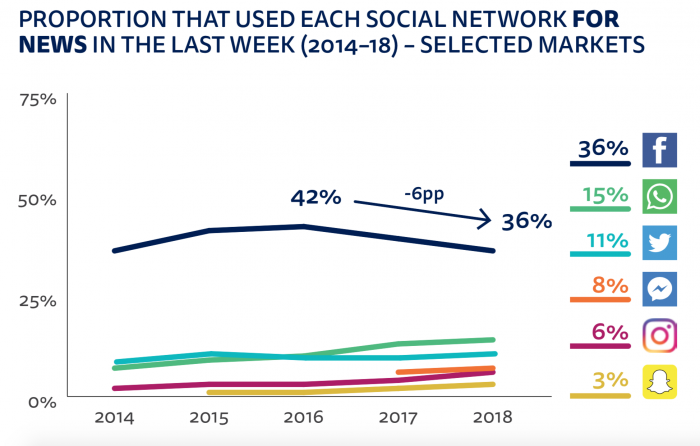Denise-Marie OrdwayAugust 6, 2018
Journalist’s Resource sifts through the academic journals so you don’t have to. Here’s their latest roundup, including research into Twitter echo chambers, harassment of female journalists, and the presence (or absence) of anecdotes in data journalism.









